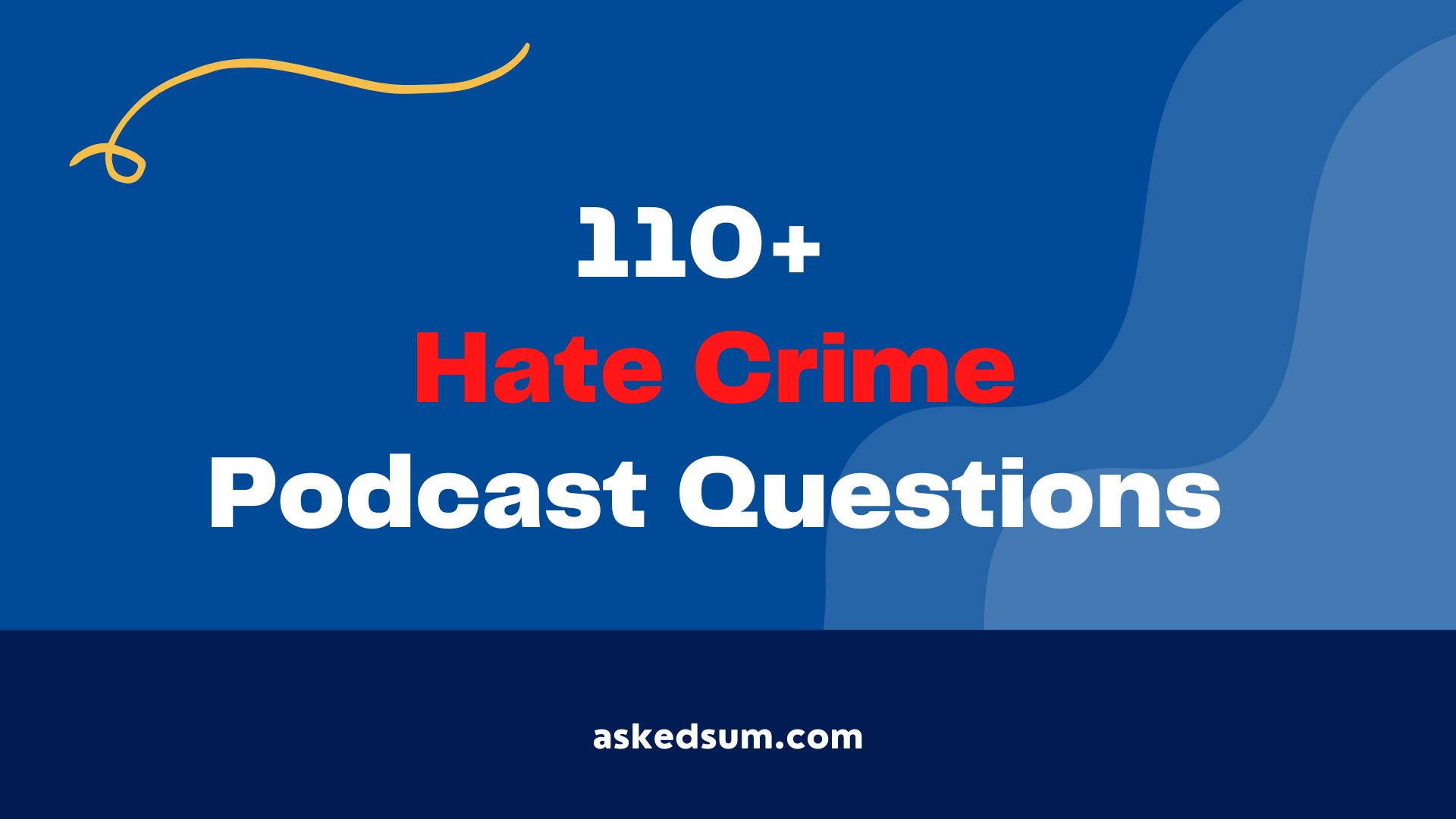Table of Contents
In today’s episode, we delve into the critical and timely issue of hate crimes, an issue that continues to challenge the fabric of diverse societies worldwide. Our conversation aims not only to shed light on the intricacies of hate crimes but also to foster a deeper understanding and awareness among our listeners. By engaging with experts, victims, activists, and policymakers, we hope to uncover the multifaceted nature of hate crimes, their impact on communities, and the vital role of prevention, support, and legislation. This episode is crucial for anyone looking to contribute to a more inclusive and empathetic society, as we discuss the importance of recognizing, combating, and preventing hate crimes in all their forms.
Deep Dive into 90+ Podcast Questions About Education
Why is this Podcast Important?
This podcast plays a pivotal role in educating and engaging the public on the pressing issue of hate crimes. It’s a platform for voices that need to be heard—victims, advocates, and experts—who bring personal insights and professional analyses to the forefront. In an era where hate crimes have seen a disturbing rise, understanding their root causes, societal impacts, and the mechanisms in place to address them is more important than ever. This discussion is not just about highlighting problems but also about exploring tangible solutions and fostering a collective response to hate and bigotry.
How to Start This Podcast?
Starting this podcast involves setting the right tone—one of empathy, understanding, and resolve. A brief introduction to the topic, highlighting recent statistics or news stories related to hate crimes, can set the stage. Following this, introducing the guest speakers, their backgrounds, and their connections to the topic can help listeners understand the depth of the conversation to come. It’s crucial to acknowledge the sensitivity of the subject and assure the audience of a respectful, insightful discussion.
What Kind of Tone Should Be in This Podcast?
The tone of this podcast should be thoughtful, respectful, and informative. Given the sensitive nature of hate crimes, it’s essential to approach the topic with empathy and an open mind. The goal is to foster a constructive dialogue that encourages understanding and action, rather than inciting fear or anger. A balanced tone that respects the experiences of victims while emphasizing the importance of education and prevention will engage listeners effectively.
List Hate Crime Podcast Questions
Deep Dive into 91+ Podcast Questions About Online Learning
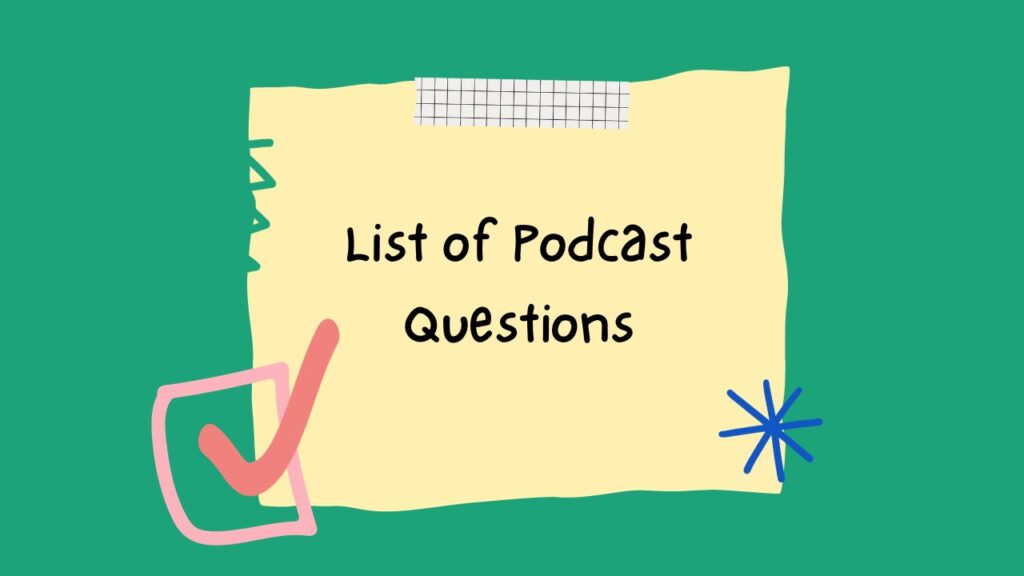
- Can you define hate crimes and explain their various forms?
- How do hate crimes differ from other types of discrimination or violence?
- What are the most common motivations behind hate crimes?
- How do hate crimes impact individual victims and their communities?
- What role does social media play in the spread of hate speech and crimes?
- Can you share any significant changes in hate crime trends over recent years?
- How effective is current hate crime legislation in preventing these crimes?
- What steps can individuals take to support victims of hate crimes?
- In what ways can communities work together to prevent hate crimes?
- How do educational programs contribute to hate crime awareness and prevention?
- What support systems are in place for hate crime victims?
- How can we encourage more victims to report hate crimes?
- What role do advocacy groups play in combatting hate crimes?
- Can you discuss the importance of historical context in understanding hate crimes?
- How does the response to hate crimes differ across countries?
Thought-Provoking Podcast Questions

Deep Dive into 90+ Podcast Questions About Online Earning
- How does the portrayal of hate crimes in digital media affect public perception?
- What psychological effects do hate crimes have on victims and communities?
- How can law enforcement agencies improve their response to hate crimes?
- What challenges do victims face when seeking justice for hate crimes?
- How does hate crime legislation need to evolve to address new forms of hate?
- In what ways can interfaith and intercultural dialogue combat hate crimes?
- How do hate crimes reflect broader societal issues of discrimination and intolerance?
- What impact does political rhetoric have on the incidence of hate crimes?
- How can schools and universities be more proactive in preventing hate crimes?
- What role does economic inequality play in fueling hate crimes?
- How can technology be used to fight against hate crimes and hate speech?
- What are the ethical considerations in reporting and discussing hate crimes?
- How do hate crimes undermine social cohesion and democracy?
- Can restorative justice be effective in addressing hate crimes?
- How does the victim’s identity affect the community’s response to a hate crime?
Deep Podcast Questions

- How do personal and societal biases contribute to the perpetration of hate crimes?
- What long-term strategies are most effective in reducing hate crimes?
- How do hate crimes affect the mental health of communities over time?
- In what ways can international cooperation aid in combating hate crimes globally?
- How do cultural narratives and stereotypes fuel hate crimes?
- What is the role of empathy in addressing and preventing hate crimes?
- How can we balance freedom of speech with the need to prevent hate speech?
- What are the challenges in accurately measuring the prevalence of hate crimes?
- How does the intersectionality of victim identities complicate the response to hate crimes?
- How can former perpetrators of hate crimes be rehabilitated?
- What is the impact of hate crimes on societal trust and cohesion?
- How do historical hate crimes inform current policies and prevention strategies?
- How can communities rebuild after a high-profile hate crime?
- What role do mental health professionals play in the aftermath of hate crimes?
- How can hate crime prevention be integrated into national security strategies?
Interesting Podcast Questions
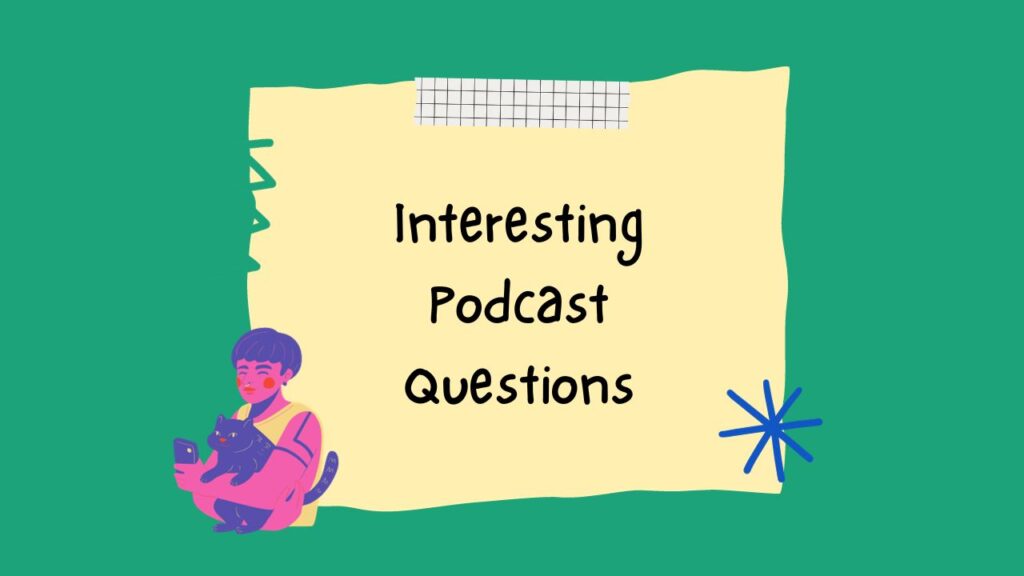
- Can you share a surprising fact or statistic about hate crimes?
- How have individuals turned their experiences with hate crimes into advocacy?
- What are some innovative community projects aimed at hate crime prevention?
- Can art and media be effective tools in combating hate and promoting empathy?
- How have hate crime laws evolved in response to technological advancements?
- What are some unexpected challenges in enforcing hate crime legislation?
- How have grassroots movements influenced hate crime policies?
- What role do celebrities and public figures play in raising awareness about hate crimes?
- How can personal stories and narratives change public attitudes towards hate crimes?
- What are some examples of successful cross-cultural alliances against hate crimes?
- How has the concept of hate crimes expanded to include new victim groups?
- What are the most effective ways to engage young people in hate crime prevention?
- How do hate crimes differ in online versus offline environments?
- What innovative technologies are being used to track and prevent hate crimes?
- How do international events and conflicts influence hate crimes at the local level?
Career-Related Podcast Questions
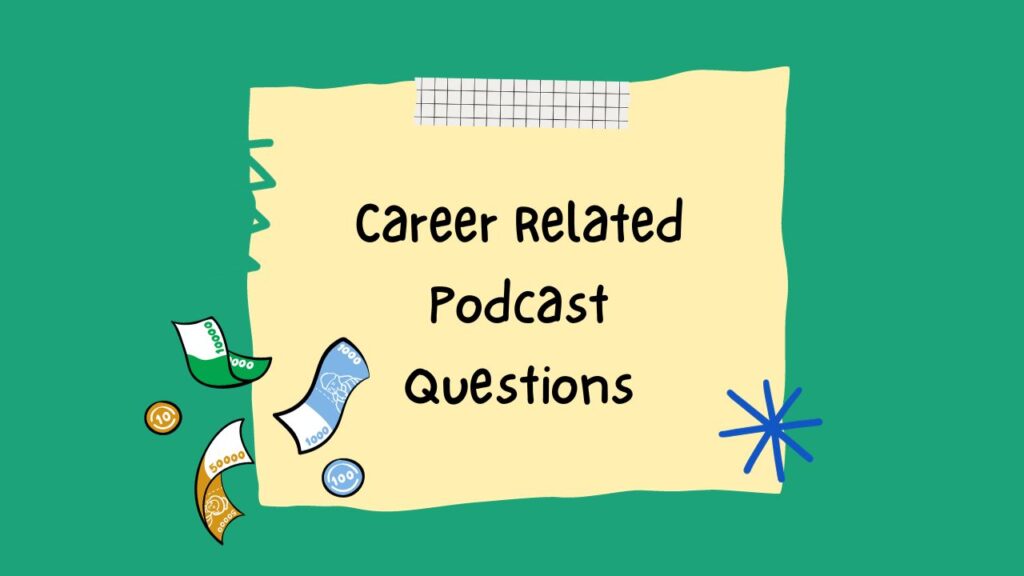
- What career paths are available for those looking to combat hate crimes?
- How can professionals in law enforcement specialize in hate crime investigation?
- What roles do psychologists and counselors play in supporting hate crime victims?
- How can educators incorporate hate crime awareness into their curriculum?
- What opportunities are there for legal professionals in advocating for hate crime victims?
- How can journalists responsibly report on hate crimes without sensationalizing them?
- What skills are essential for working in advocacy groups focused on hate crimes?
- How do social workers support communities affected by hate crimes?
- What are the challenges and rewards of working in hate crime prevention?
- How can technology professionals contribute to the fight against hate crimes?
- What roles do policymakers play in shaping hate crime legislation?
- How can artists and creatives raise awareness about hate crimes?
- What are the pathways for victims of hate crimes to become advocates?
- How do researchers contribute to our understanding of hate crimes?
- What kind of training is necessary for professionals dealing with hate crimes?
Future-Related Podcast Questions
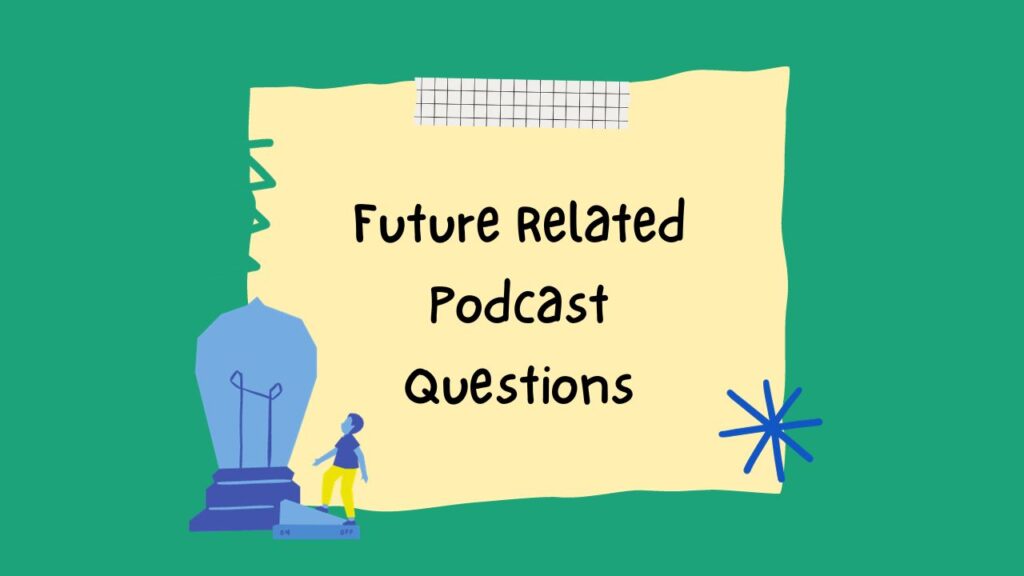
- How do you envision the future of hate crime legislation?
- What emerging trends in hate crimes should we be aware of?
- How can future technologies aid in the prevention and reporting of hate crimes?
- What long-term impact do you foresee education having on hate crime prevention?
- How might global events shape the nature of hate crimes in the future?
- What steps can we take now to ensure a decrease in hate crimes in the coming years?
- How do you see the role of social media evolving in the context of hate crimes?
- What are the future challenges in supporting hate crime victims?
- How can future generations be better equipped to combat hate crimes?
- What innovations in law enforcement are on the horizon for combating hate crimes?
- How will international cooperation on hate crime prevention evolve?
- What future legal challenges might arise in combating hate crimes?
- How can the future of community engagement look in the fight against hate crimes?
- What are the prospects for global standards on hate crime legislation?
- How can future educational programs be designed to effectively prevent hate crimes?
Weird Podcast Questions
- If hate crimes were a weather phenomenon, what would they be and why?
- How would you explain the concept of hate crimes to an alien visitor?
- What would a world without hate crimes look like, in detail?
- If you could use any historical figure to address hate crimes today, who would it be and why?
- How would famous fictional characters respond to hate crimes in their worlds?
- What’s the most unconventional method you’ve heard of for combating hate crimes?
- If hate crimes had a soundtrack, what songs would be on it?
- What are the most bizarre hate crime cases that have actually occurred?
- How would different animal species potentially deal with hate crimes?
- If you could invent a gadget to prevent hate crimes, what would it do?
- Imagine a future where hate crimes are taught in history class; how is it framed?
- What would the headlines say the day after we successfully eliminate hate crimes?
- If you could create a virtual reality experience to combat hate, what would it include?
- What unexpected lessons can we learn from studying hate crimes?
- How would you use food to bring awareness to hate crimes?
Controversial Podcast Questions
- Is it ever justifiable to limit freedom of speech to prevent hate crimes?
- Should hate crime offenders be given a chance at public redemption?
- Can increased surveillance be justified if it significantly reduces hate crimes?
- Should hate crime legislation include provisions for crimes committed online?
- How do we balance the protection of minority groups with the rights of free expression?
- Are current hate crime laws too broad or too narrow in scope?
- Can the enforcement of hate crime laws ever be biased?
- Should perpetrators of hate crimes be required to undergo sensitivity training?
- How does the definition of a hate crime vary, and should there be a universal standard?
- Is the media responsible for the increase in hate crimes due to its coverage?
- Should victims of hate crimes have a say in the sentencing of perpetrators?
- Can restorative justice models be effective for hate crimes?
- Should historical context be considered when judging hate speech?
- How do we prevent the misuse of hate crime legislation?
- Is the concept of hate crimes reinforcing societal divisions rather than healing them?
Benefits of this Podcast
This podcast offers a comprehensive platform for education, dialogue, and advocacy on the topic of hate crimes. By bringing together diverse perspectives, it enriches our understanding of hate crimes and their impact on society. Listeners gain insights into the complexities of hate crime prevention, the importance of supporting victims, and the critical role of legislation. The podcast also highlights the power of community action and individual responsibility in combating hate, fostering a more informed and empathetic society.
How This Podcast Can Help Others?
Through education and awareness, this podcast empowers listeners to become advocates for change in their communities. It provides valuable information on how to support hate crime victims, engage in meaningful activism, and push for effective legislation. By highlighting success stories and actionable strategies, the podcast inspires hope and action, demonstrating that positive change is possible. It serves as a reminder that each of us has a role to play in creating a society where hate crimes are no longer tolerated.

